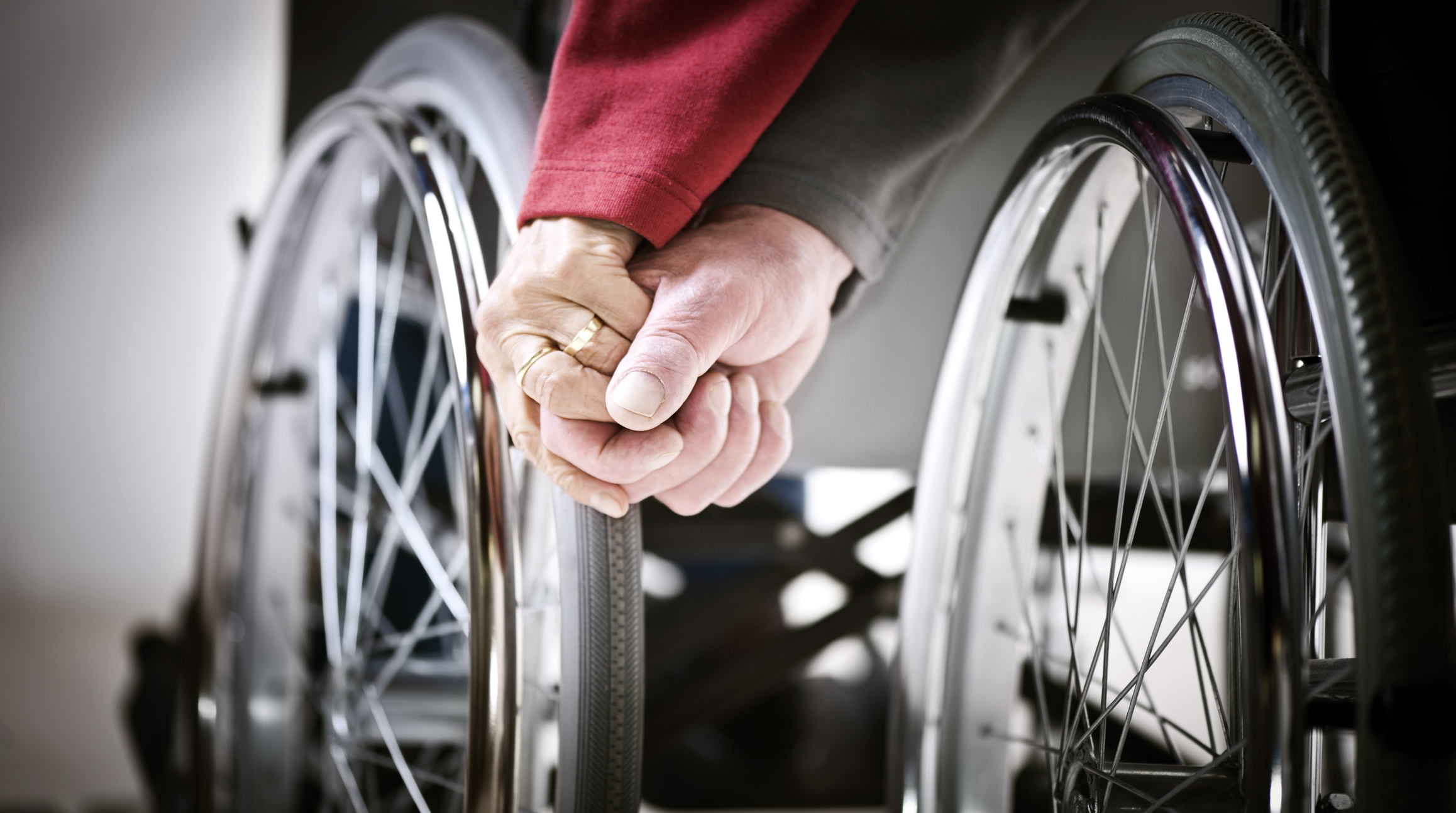
In 2012, Stats Canada reported that almost 14 per cent of the Canadian population aged 15 years or older-that's 3.8 million individuals-reported having a disability that limited their everyday activities.
Bean Gill is paralyzed from the waist down, but that doesn't stop her from enjoying sexual intimacy like everyone else.
"We are people first. Just because you have a disability doesn't mean you can't be sexy, strong and confident," says Gill, 35, who was paralyzed by a fast-acting virus in 2012.
According to University of Alberta sexual health expert Shaniff Esmail, sexual health is a topic everyone struggles with, especially if you have a disability, and health-care professionals need to be more knowledgeable when dealing with patients with disabilities and other conditions.
The Faculty of Rehabilitation Medicine recently launched the Online Certificate in Sexual Health to fill this gap and train more health-care professionals to understand sexual health and disability.
"Most health-care providers and educators feel ill-prepared when they are required to address issues related to sexual health. There is a significant stigma associated with the whole area of sexuality, which doesn't help," says Esmail, professor and associate chair, Department of Occupational Therapy.
The post-graduate certificate is the only one of its kind currently in Canada. Twenty students, which was the maximum capacity for the first cohort, are currently making their way through the program. The demand for the program was so high that a second cohort of students was admitted into the program in January 2017.
"Stats Canada reported in 2012 that almost 14 per cent of the Canadian population aged 15 years or older-that's 3.8 million individuals-reported having a disability that limited their everyday activities," Esmail says.
Possibly 3.8 million people, if not more, who may currently be experiencing sexual health issues.
Esmail, through the Online Certificate in Sexual Health, hopes to improve sexual health services for disabled individuals, like Gill, by providing current and future health-care providers with the right skills.
"Health-care providers need to be knowledgeable about sexual health because when someone is in a hospital setting they put all their trust in those that are taking care of them," says Gill. "You are viewed as being asexual or somehow lesser than an able-bodied person. If the health-care worker can be empathetic and educate the patient on sexual health, toys, pleasure, dating and so on, the patient will feel more at ease, more "normal" and have more trust in the health-care worker."
Gill and her business partner and trainer, Nancy Morrow are opening the ReYu Paralysis Recovery Centre. They hope to inspire, motivate and promote recovery with increased function for individuals with spinal cord injuries and associated disorders, including in the area of sexual health.
"For me, I had to find my information online," says Gill. "I want to work toward providing a safe discussion space for individuals currently feeling at a loss for sexual health information, but I also think it's extremely important for the actual health-care professionals to be knowledgeable in this area."
Gill got to know Esmail when she was a guest speaker in one of his occupational therapy classes back in 2014. Since then, she's continued to be a part of various expert and patient panels.
"Promoting the positive aspects of sexual health, which is something we're trying to achieve with our post-graduate sexual health certificate, will have a beneficial impact on those who are affected by illness, disability or life circumstance. I appreciate Bean and other patients who've shared their stories and experiences to help us improve clinical care at the end of the day," says Esmail.
For more information about the Online Certificate in Sexual Health, visit uab.ca/pd.